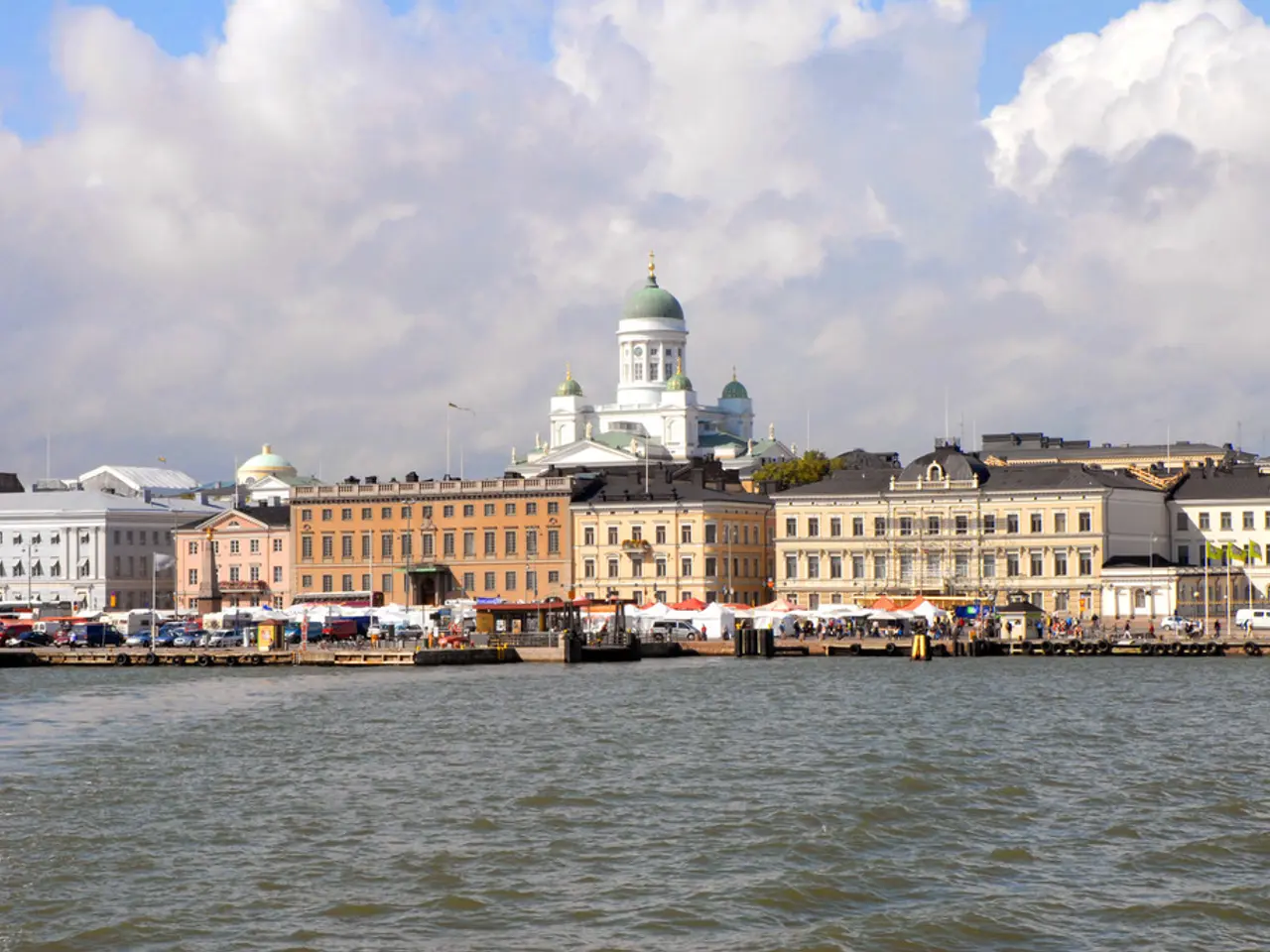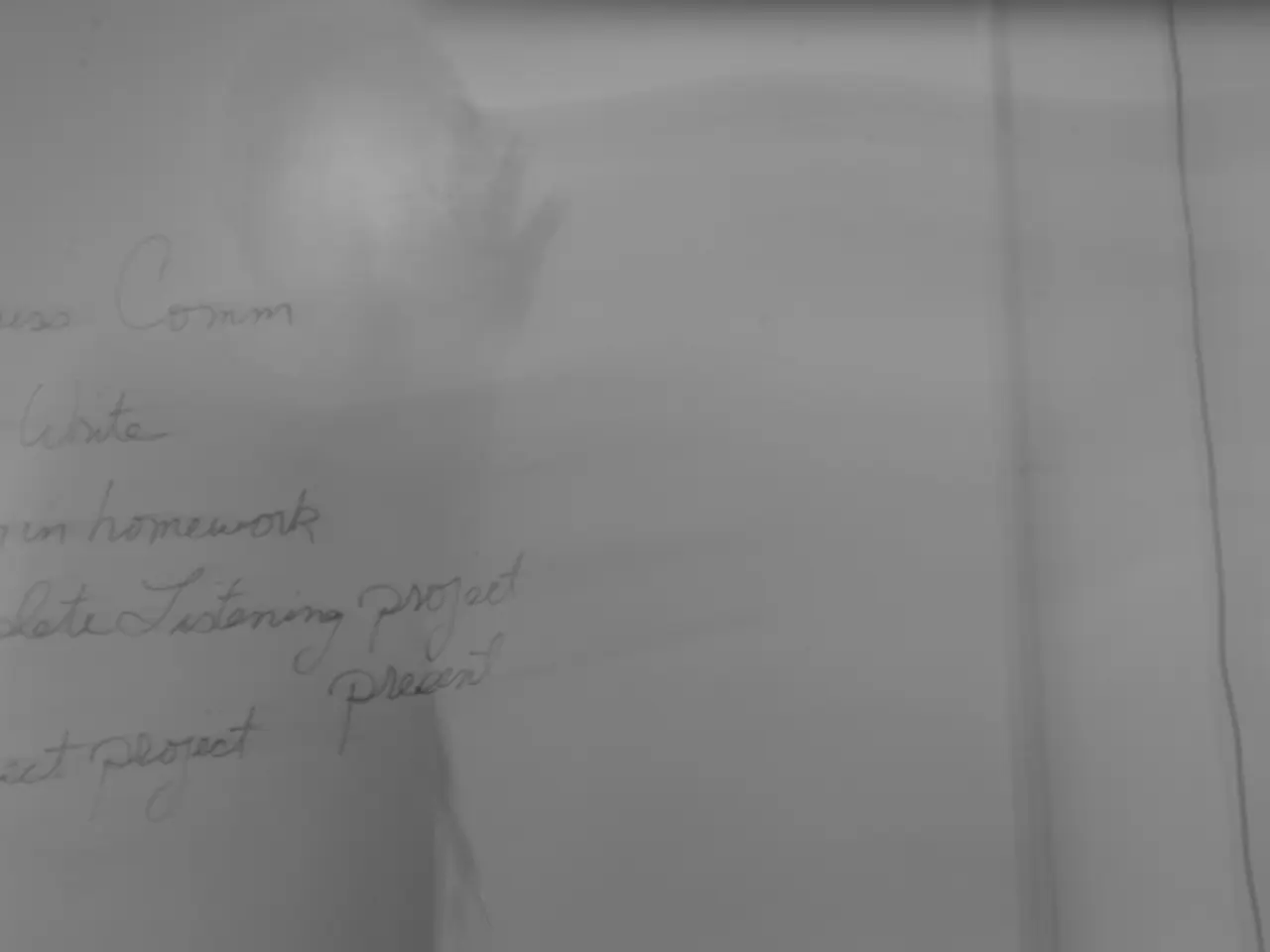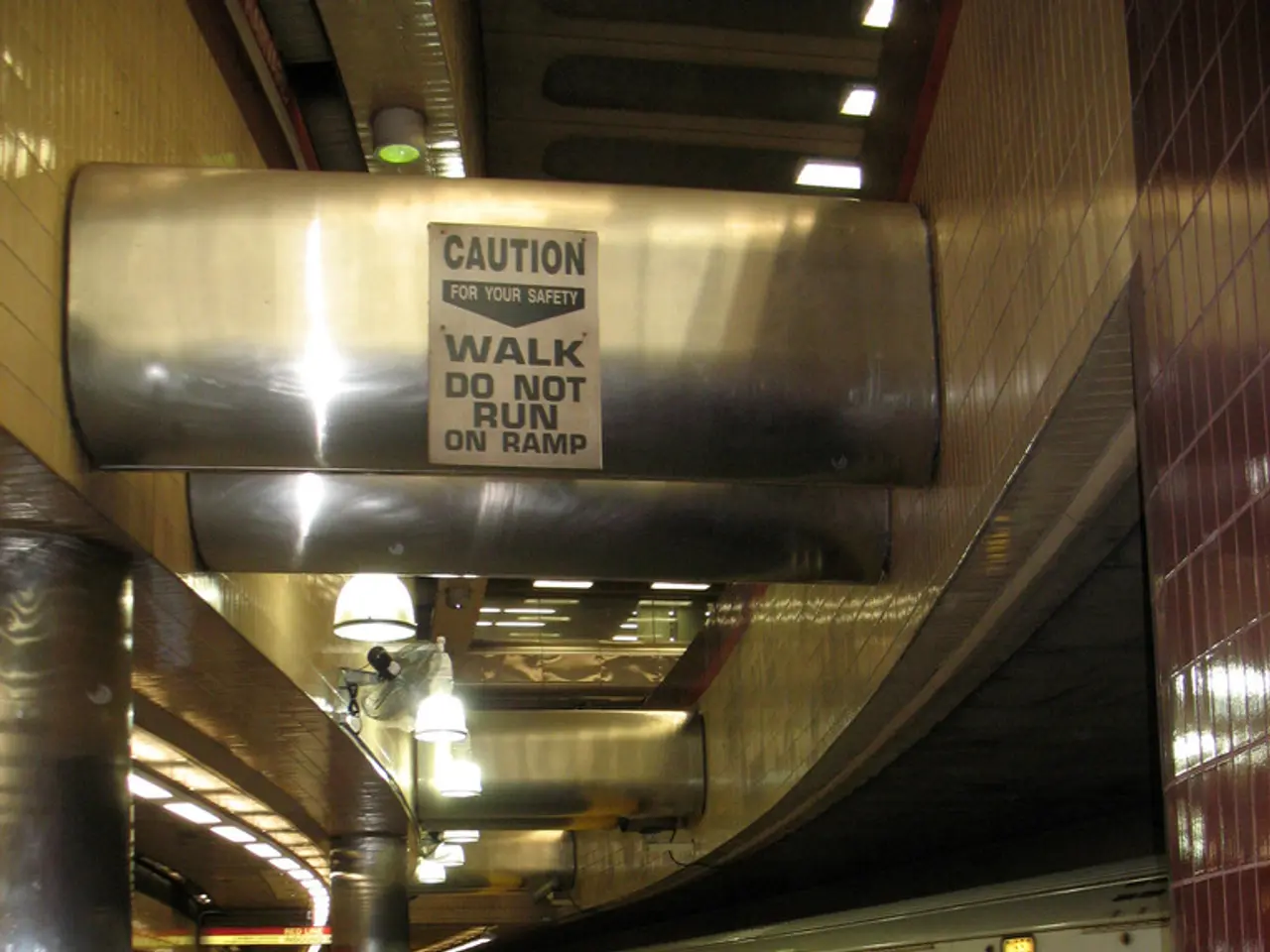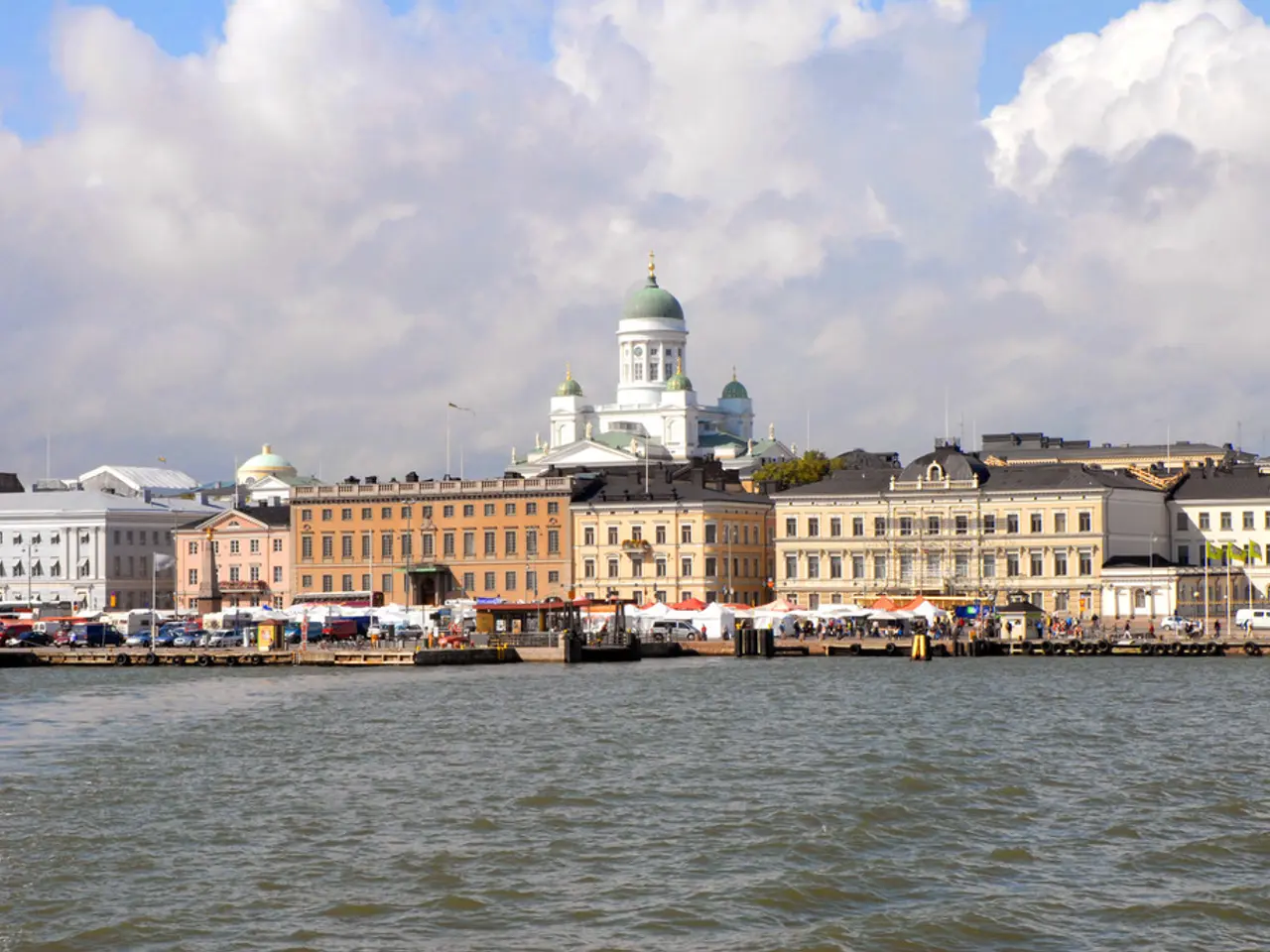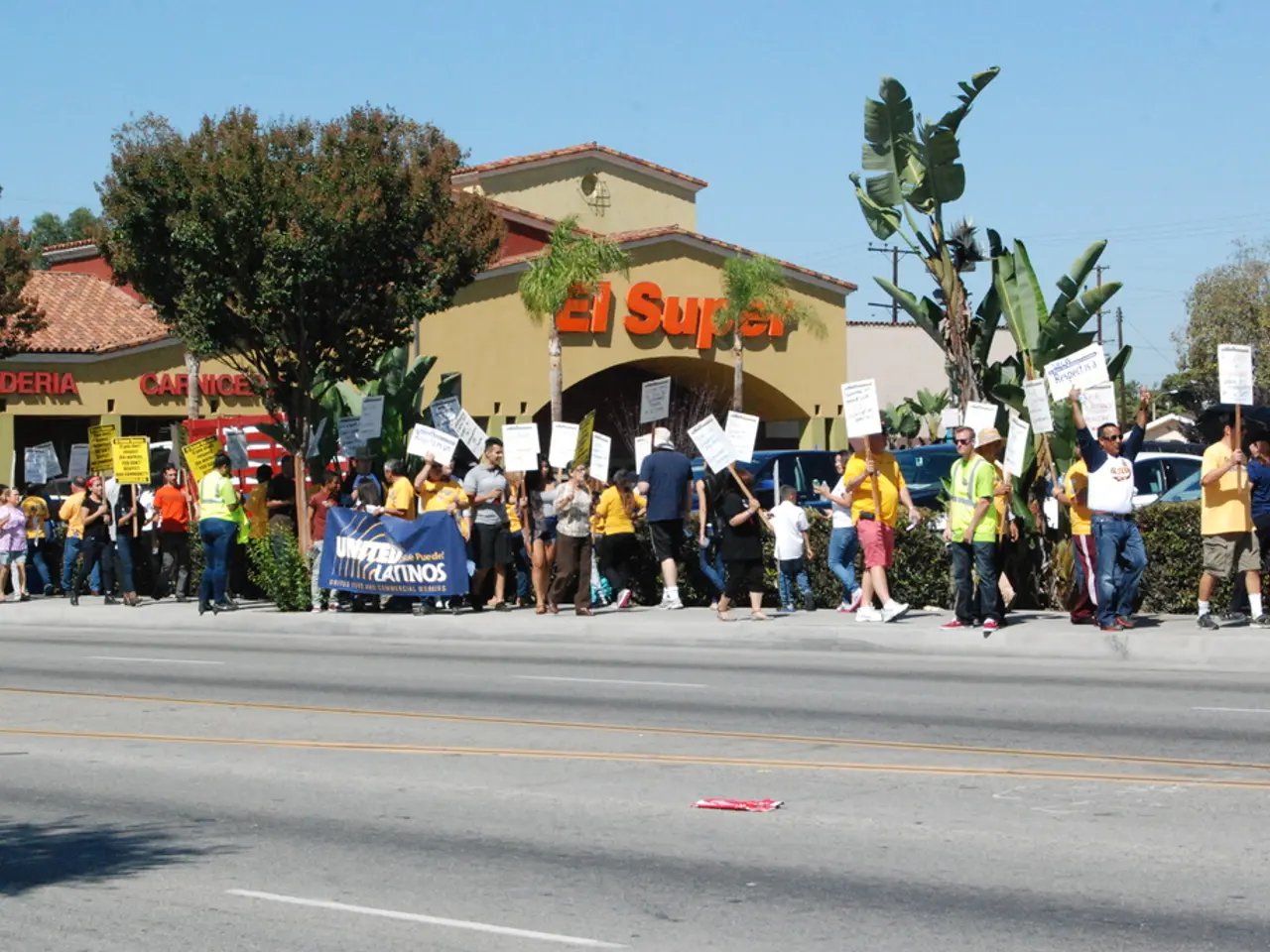Explosion in Beirut's harbor: City seeks answers five years later
The investigation into the catastrophic explosion that rocked Beirut's port in August 2020 has been marred by political obstruction, legal challenges, and interference from high-level officials. Over five years have passed since the tragedy, which claimed over 200 lives, injured 6,000 people, and devastated entire neighbourhoods, making it one of the largest non-nuclear explosions globally.
The investigation, led by Judge Tarek Bitar, has faced numerous hurdles. Repeated suspensions and obstructions have been met with lawsuits and refusals of summons by influential figures, including former ministers protected by immunity. The complex nature of the investigation requires technical reports and international cooperation, particularly a final report from France, which is crucial for comprehensive indictments.
The political landscape of Lebanon has significantly contributed to the stall. The formation of a new government in early 2025, which includes supportive figures such as Justice Minister Adel Nassar and Prime Minister Nawaf Salam, has revived the probe, but no officials have been held accountable yet. Families of victims continue to demand justice amid ongoing delays.
Regarding the potential impact of the Israel-Lebanon conflict, while the search results do not mention a direct influence on the port blast investigation, the broader regional tensions generally exacerbate Lebanon’s internal political instability and complicate judicial and security affairs. Hezbollah, a powerful Iran-backed party involved in Lebanese politics and with a role in the regional conflict dynamic, has supporters calling for a transparent investigation free from politicization.
Human Rights Watch and Amnesty International have called on Lebanese authorities to ensure a comprehensive and unhindered investigation. The cause of the explosion was hundreds of tons of ammonium nitrate stored without safety measures for years. The weakening of the politically powerful Hezbollah through the war with Israel may have contributed to progress in the investigations, as it had previously prevented progress for years.
President Joseph Aoun has promised a comprehensive investigation and justice for the victims. He told the families of the victims that their pain will not go unanswered, and the promise of justice stands. Lebanon's Energy Minister Joe Saddi described the explosion as a "crime against humanity." The US Embassy in Lebanon has stated that the country deserves an independent and impartial judicial system that brings justice to the victims and does not protect elites. The UN Special Coordinator for Lebanon, Jeanine Hennis-Plasschaert, has emphasized that the survivors, victims, and their families deserve full clarification and it now.
The delay in accountability for the Beirut port explosion continues to be a source of contention, with families and human rights organisations calling for a swift and impartial investigation. The complex political landscape and regional tensions make the pursuit of justice a challenging endeavour, but the call for accountability remains a persistent demand.
Sources:
[1] ntv.de [2] dpa [3] [4] Unnamed sources [5] Amnesty International, Human Rights Watch reports
- The complex political landscape of Lebanon, including involvement from parties like Hezbollah, and the broader Israel-Lebanon conflict have exacerbated internal political instability, complicating the judicial and security affairs regarding the Beirut port explosion investigation.
- Despite the ongoing challenges, international organizations such as Human Rights Watch and Amnesty International continue to call for a comprehensive, unhindered investigation, emphasizing the need for accountability and impartiality in the pursuit of justice for the victims of the Beirut port explosion.
